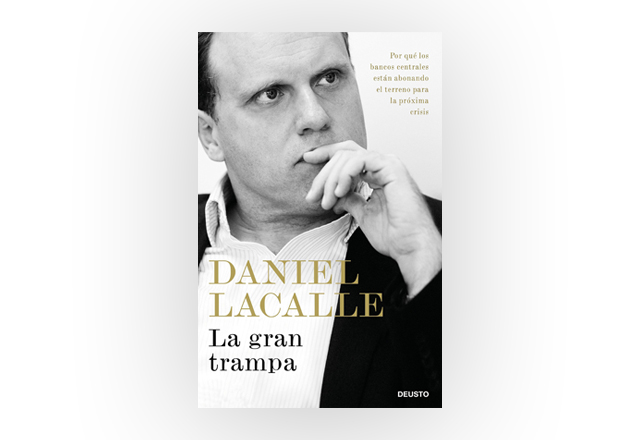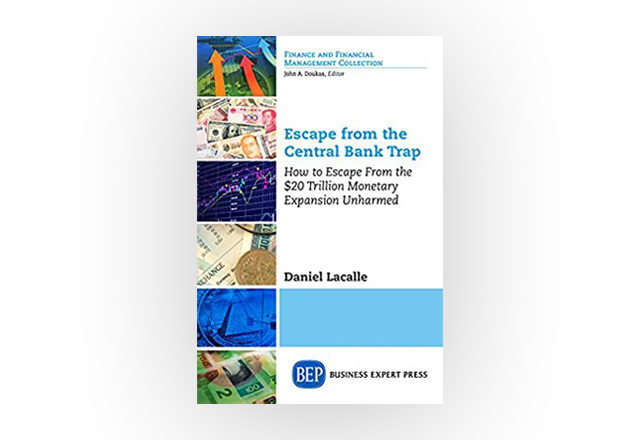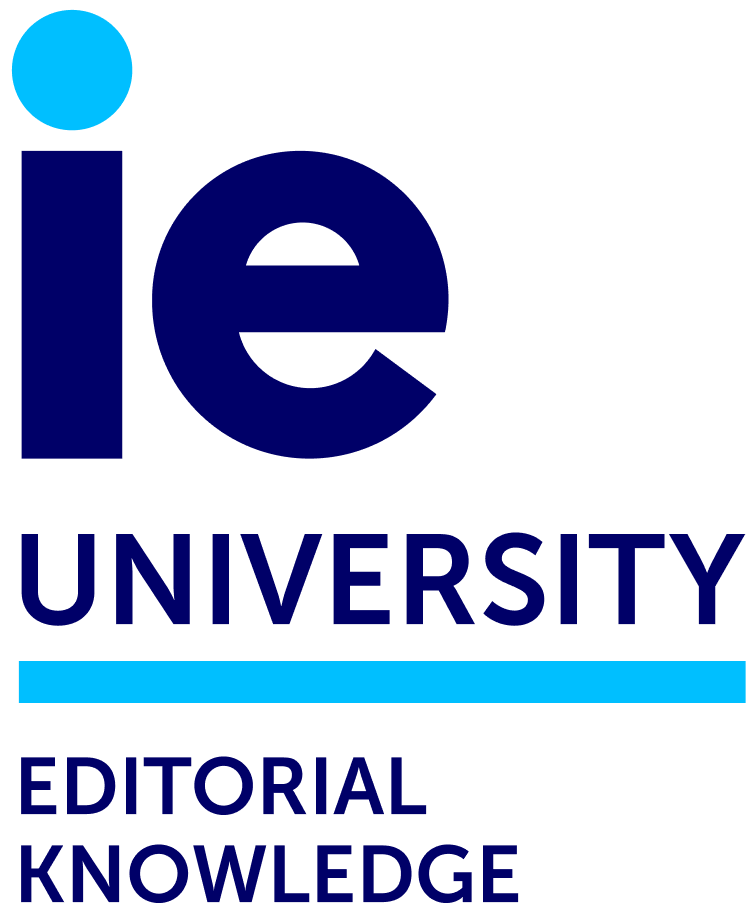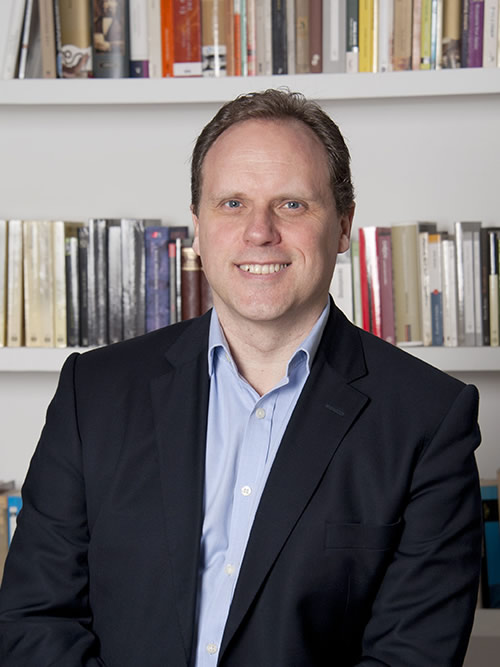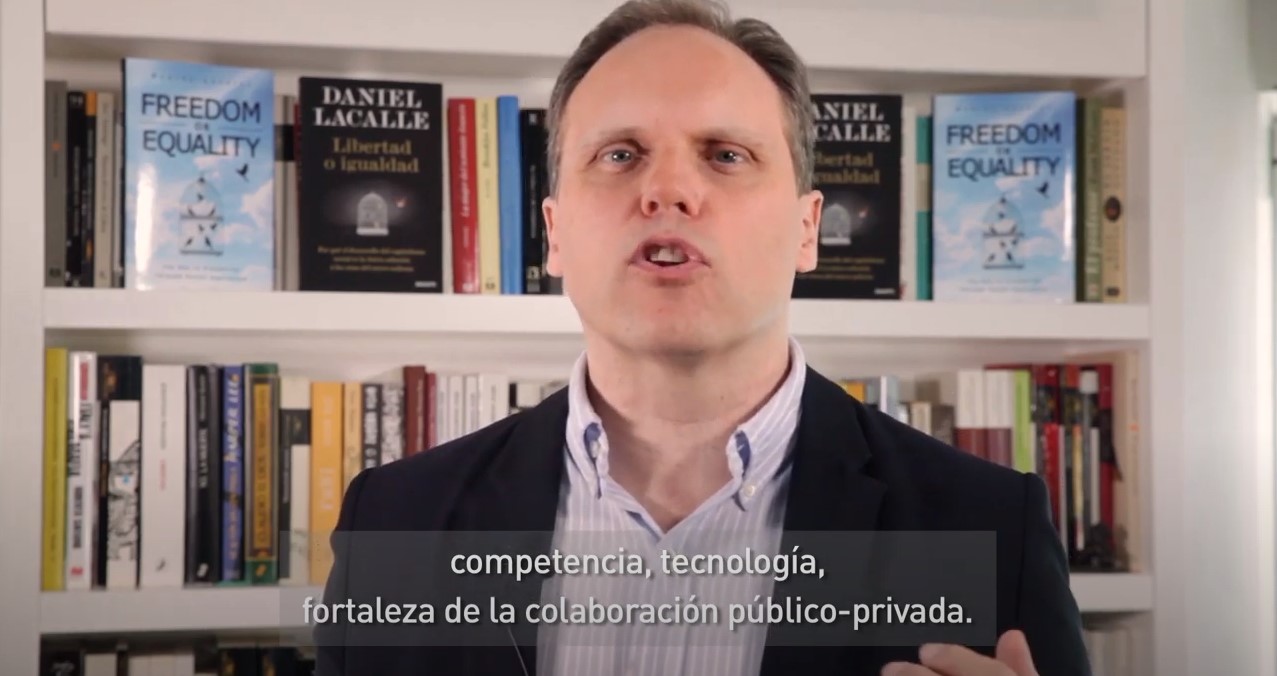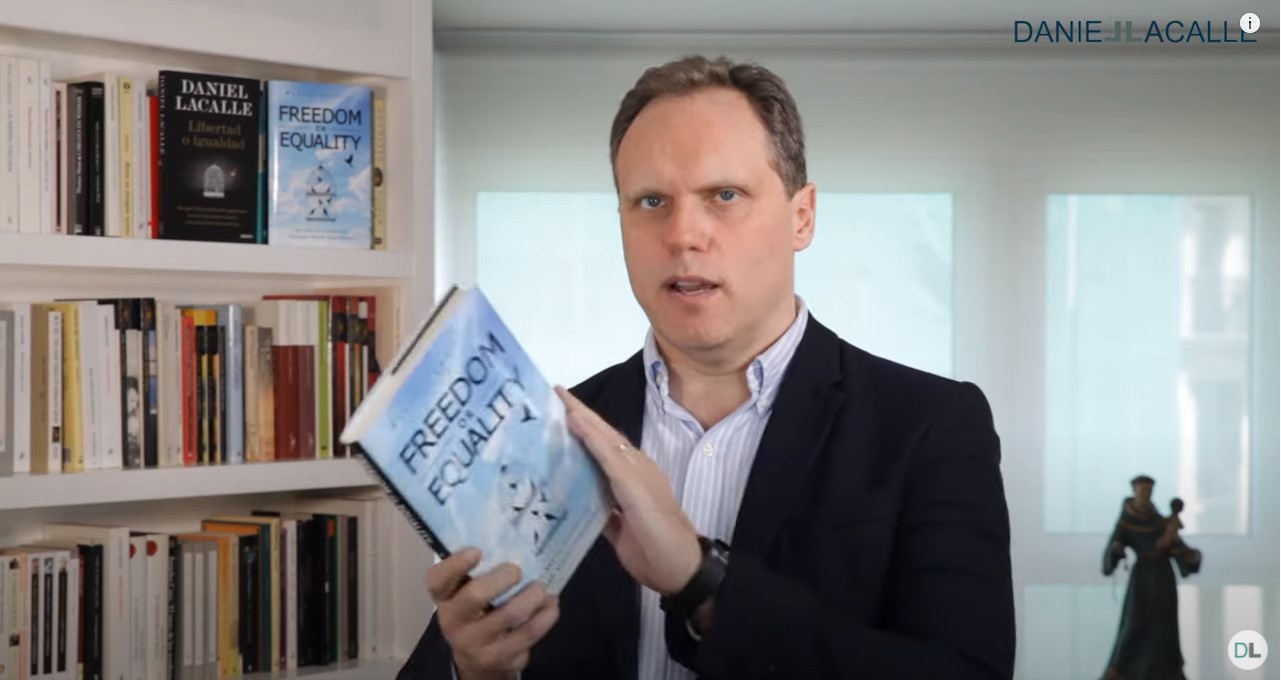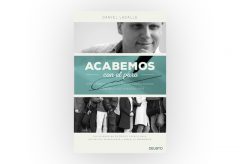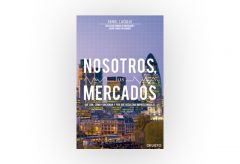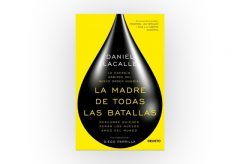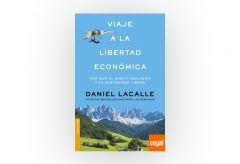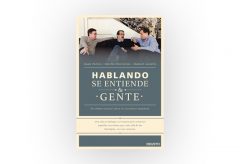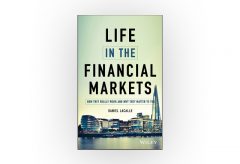Daniel Lacalle
“Investing in wellbeing for society means investing in your clients, in your future clients and, in conclusion, in yourself.”
Daniel Lacalle is a doctor in Economics, chief economist in Tressis SV, Global Economy professor at IE Univerity and IEB, and fund manager. He graduated in Business Sciences from the Autonomous University of Madrid, post-graduated from the IESE (Navarra University), and got his Ph.D. from the Catholic University of Valencia. He also holds the CIIA title of the financial analyst (Certified International Investment Analyst).
Daniel Lacalle is the president of the Hispanic Mises Institute and is a member of the Advisory Board of the Rafael del Pino Foundation and the HAC Business School in New York.
His career in portfolio and investment management started at the hedge fund Citadel and continued in Econ Limited and PIMCO, in the USA and London. He has been voted for five consecutive years among the Top 3 managers of the Thomson Reuters’surv Extel Survey in the categories of overall, oil and electricity strategies. Previously, he worked as a financial analyst in ABN Amro (currently called RBS) and took on different responsibilities in Repsol and Enagas.
Daniel Lacalle writes a weekly column for El Español and collaborates monthly with the CNBC, Bloomberg TV, Antena 3, BBN Times, World Economic Forum, Hedge Eye, Epoch, Times, Mises Wire, and The Wall Street Journal.
A state is not its government, and society is not what politicians decide it is.
Haz crecer tu dinero
Written in Spanish
In Haz crecer tu dinero, the famous economist and investor uses his eighteen years of experience with the best fund managers in the world to explain how to preserve our capital, mitigate losses and create long-term wealth, and to remind us that the great investors of history are not so because they have always been right, but because they have known how to learn from their mistakes.
Haz crecer tu dinero is a stimulating book, brimming with financial wisdom, and a story of tenacity, responsibility, work, sacrifice and right decisions that will help you not only to earn money but also, above all, to guarantee your future.
Buy NowThe vast majority of what you read about investment and finance is written by people who have never invested large amounts, probably not even investing anything.
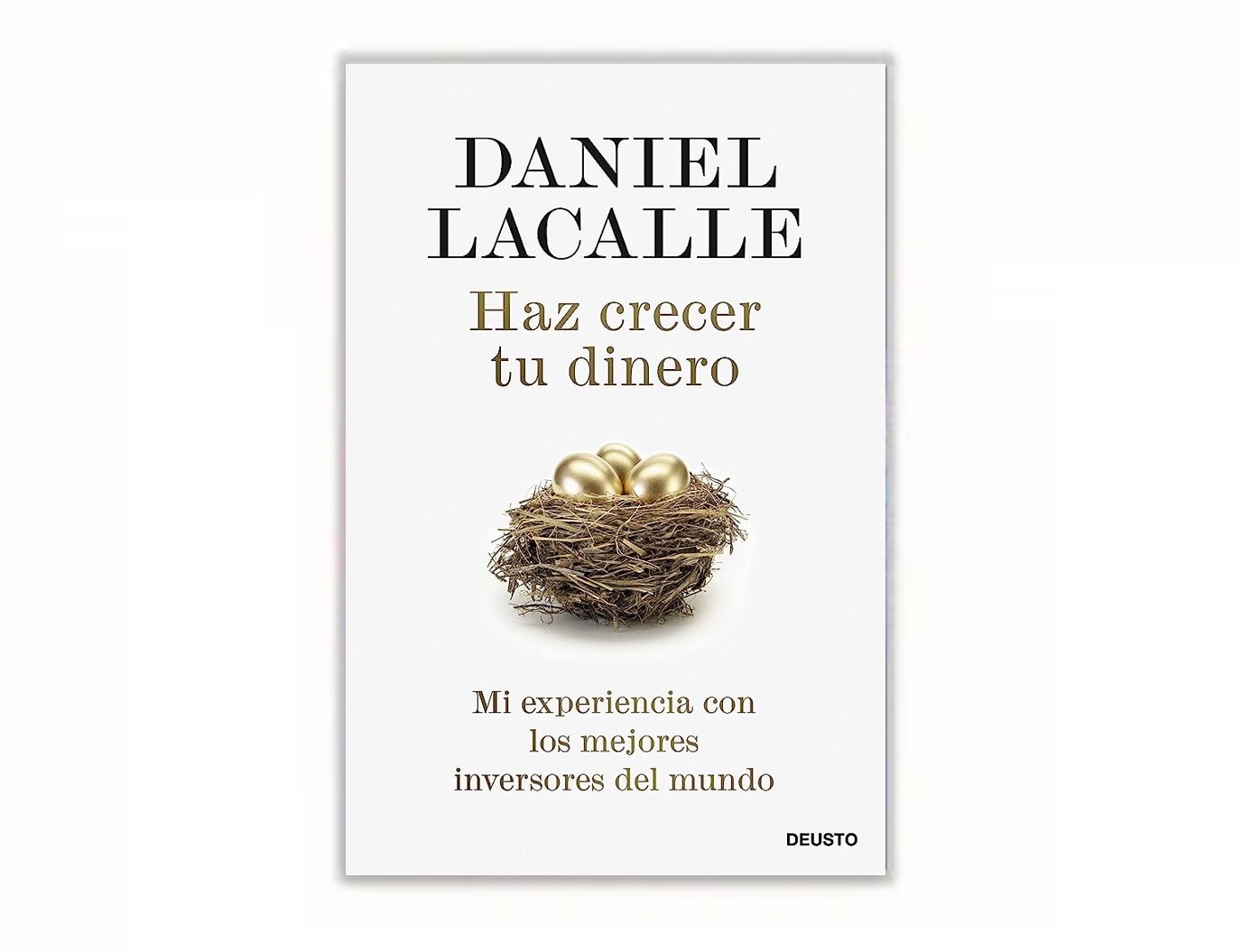
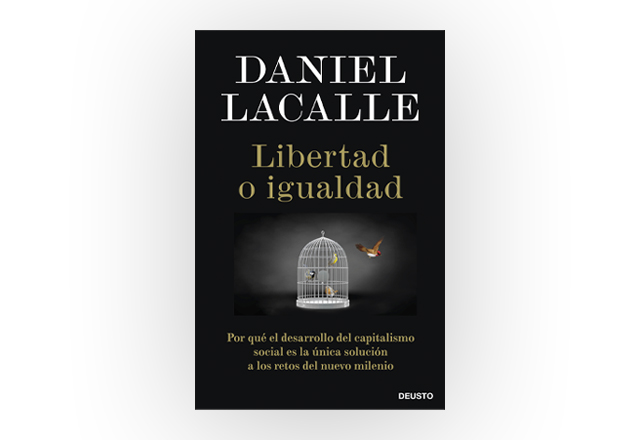
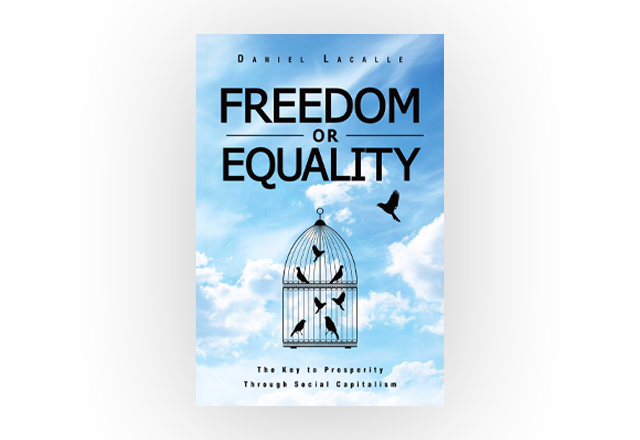
Libertad o Igualdad
Freedom or Equality
Written in Spanish
Capitalism provides more profits and opportunities, while socialism and interventionism fail consistently impoverishing people. However, it should be acknowledged that in many regions of the occidental world, the middle classes are losing their faith in capitalism. Luckily, we are on time to change this.
Daniel Lacalle explains our economy in a direct, modern and global way, and remarks the benefits of saving, investment and innovation. At the same time, he presents how capitalism can improve the wellbeing for the general population, and not only for those who benefit from the State, the cronyism or the appropriation of income.
Lacalle defends freedom in opposition to those who pretend cutting it for our sake, he goes beyond the defense of an economic system proposing a social model based on responsibility, merit and reward. A stronger social model able to promote any form of interventionism.
Buy Now (Spanish version)Buy Now (English version)Capitalism is the best way to achieve real equality. Our aim is to preserve great achievements and to develop societies to reach a greater prosperity.
La Gran Trampa
Escape from the Central Bank Trap
Why the economic stimulus plans of the central banks generate a bigger debt instead of promoting growth?
This book tracks the race to zero generated by the massive expansive economic policies conducted around the world. It goes from the relative success of the quantitative easing of the Federal Reserve until the unquestionable failure of the Abenomics formule and the BCE plan.
In this process, the bond yields have dropped, the stock valuations have boomed, and the junk bonds have been negotiated with the lowest yield in history. Debt has increased massively, but growth, employment and productivity are still moderate.
Lacalle also adresses how countries can escape from the liquidity trap managed by the Central Bank and, at the same time, how investors can benefit from the likely impact on the equity and bond markets of the end of these expansive economic policies.
